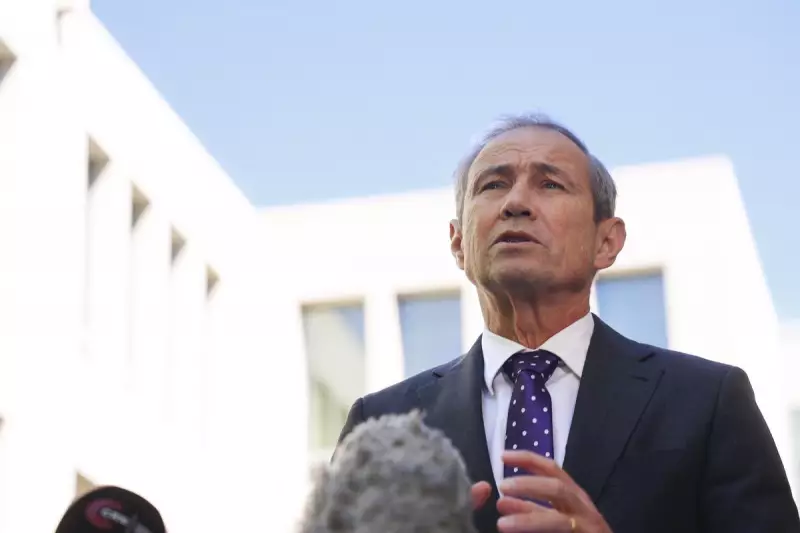
Western Australia's political landscape is buzzing with questions after Premier Roger Cook abruptly cancelled the half-billion dollar police and emergency services complex, citing health concerns as the primary reason. But as journalists dig deeper, the explanation appears increasingly murky.
The $500 Million Question
The proposed Police and Emergency Services Complex (PESC) in Perth's CBD represented one of the state's most significant infrastructure investments. With a price tag exceeding $500 million, the project promised to consolidate WA Police headquarters into a state-of-the-art facility. Yet despite years of planning and substantial taxpayer funds already allocated, the plug has been pulled.
Health Concerns or Political Shield?
Premier Cook maintains that the complex posed unacceptable health risks to future occupants, specifically referencing potential issues with air quality and ventilation in high-rise buildings. However, this justification has raised more questions than answers.
Critics note the conspicuous absence of:
- Detailed medical evidence supporting the decision
- Independent health assessments of the proposed site
- Exploration of mitigation strategies for identified risks
- Transparency about when these health concerns first emerged
A Convenient Exit Strategy?
The timing raises eyebrows among political observers. The cancellation comes as the government faces mounting pressure over budget management and infrastructure delivery. Some speculate that health concerns provide a politically palatable exit from a project becoming increasingly difficult to justify financially.
The McGowan Legacy Factor
Adding another layer to this political drama is the project's association with former Premier Mark McGowan. As a signature initiative of the previous administration, the police complex represented part of McGowan's infrastructure legacy. Its cancellation under Cook's leadership signals potential shifting priorities within the Labor government.
What's Next for WA's Police Force?
The immediate consequence leaves WA Police in a precarious position. The force continues to operate from aging, fragmented facilities across Perth, with the promised consolidation now off the table. The government faces pressure to present a viable alternative that addresses both operational needs and any legitimate health concerns.
The bottom line: While health and safety should always be paramount, the lack of transparent evidence and convenient timing has opposition figures and taxpayers alike wondering if we're hearing the whole story. As this political saga unfolds, Western Australians deserve clarity about how half a billion dollars of their money was almost spent—and why it suddenly wasn't.





